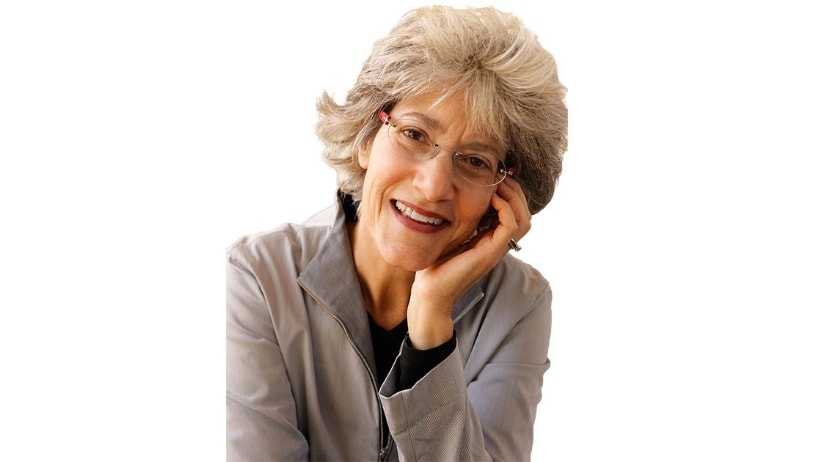Oasis Songs: Musings from Rav D
Friday, November 1, 2019 / 3 Cheshvan 5780
The year was 1970 when the song first hit the airwaves. Since then, it has been recorded over 300 times and covered by such musicians as Elvis Presley, Willie Nelson and even the Pet Shop Boys.

What is it about the tune “Always on My Mind” that has turned it into a perennial favorite? The story it tells is simple and universal. For those not familiar, here are a handful of lines from the lyrics:
Maybe I didn’t love you
Quite as often as I could have
And maybe I didn’t treat you
Quite as good as I should have
If I made you feel second best
I’m sorry I was blind…
Little things I should have said and done
I just never took the time
You were always on my mind
You were always on my mind
There’s probably not a person on the planet who couldn’t sing those words with integrity. On Yom Kippur, I noted how we don’t seem built or designed to hold on to those ephemeral insights that seem so clear when a loved one dies…or when we get an unexpected and frightening diagnosis.
I then asked why can’t we hold on to such wisdom in our daily activities? Wouldn’t we feel more fulfilled? Wouldn’t we better experience the significance of our lives and cherish the people we sometimes take for granted?
There are many answers to these connected questions. Among them, here’s a simple reason. We don’t build into our lives structures to help us remember. We don’t schedule time to reflect and share with our loved ones all they mean. And sometimes if we do, it can seem forced or awkward.
Our magnificent tradition offered a partial solution in the practice of the Ethical Will in which a parent bequeathed their wisdom to their children in addition to their worldly goods. The most moving of those in my estimation is the famed memoir of Gluckel of Hameln. In the 17th century, this remarkable businesswoman composed a book length ethical will for her children. Its power is such, though, that it is an instructive book for anyone to read, and a rich portrait of an unusual upper middle class woman and the lives of her contemporary German Jews.
When my dad was in his later years, I asked him if we would compose an ethical will for us kids. Once his dialysis began, I raised the request again. It always seemed too much of a burden or project for him to tackle. When he left the world, all we had left to sustain us were our memories of him and the dignity with which he led his life. But oh, how I wish he might have gathered the energy to write us an ethical will.
And that’s the point. Finding time and energy to set down our story and our beliefs isn’t something most of us can commit to. It sounds daunting. Perhaps the task seems too touchy-feely. Perhaps we just don’t know where to start. So we push it aside.
This is why I am so excited that Rabbi Elana Zaiman, author of “The Forever Letter,” will be our scholar in residence this coming weekend (and also Wednesday night for our teens and their parents).
Rabbi Zaiman is a sixth generation rabbi. “The Forever Letter” builds on the noble Jewish tradition of the ethical will. One of her chief insights was to develop a way that we could compose relationship-affirming forever letters to our living relatives or friends. Secondarily, she understood that children can write to their parents, brothers to sisters and so on. Finally, she enumerates the parts that make for a successful forever letter. By developing on an ancient custom and teaching regular people how to compose these life giving letters, Rabbi Elana has helped restore countless relationships and aid people to feel deeply connected to the people they love most. Even those of us who feel we can’t write. She will be with us starting on November 6th to help teens and parents connect, and then remain throughout the weekend so that we all can learn from her.
Most importantly, on Wednesday night for teens and parents, and Sunday morning for the rest of us, Rabbi Elana will guide us so that we can write our own letters in a supportive, structured environment. In other words, the burden my father imagined has been removed. Anyone will be able to say the things we sometimes find hard to say out loud. None of us will need to worry about what was left unsaid, those things that were always on our mind, but that were just out of reach. And the structure and time to do this work has been built for you. No excuses.
Please visit nevehshalom.org/scholar-in-residence to see the full range of sessions with Rabbi Zaiman, and to find information about making RSVP’s for meals. Please come to as many as you can. You’ll be glad you did.
Shabbat shalom,
Rav D
Shabbat Table Talk
- What lessons do you cherish from a grandparent, older friend or mentor?
- “Children say the darnedest things.” Can you recall prescient wisdom that you learned from a child?
- What do you regret not saying to someone?
If you’d like to continue this discussion, follow this link to CNS’s Facebook page to share your own perspectives on the topics raised in this week’s Oasis Songs. Comments will be moderated as necessary.



